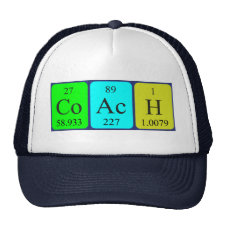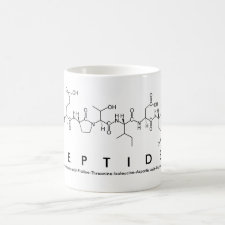
Authors: Batlokwa BS, Mokgadi J, Nyokong T, Torto N
Article Title: Optimal Template Removal from Molecularly Imprinted Polymers by Pressurized Hot Water Extraction.
Publication date: 2011
Journal: Chromatographia
Volume: 73
Issue: (5)
Page numbers: 589-593.
DOI: 10.1007/s10337-010-1884-3
Alternative URL: http://www.springerlink.com/content/w07p42221k55732q/
Abstract: An optimal extraction method for the removal of templates from molecularly imprinted polymers (MIPs) is presented. The extraction method is based on pressurized hot water extraction (PHWE). PHWE was evaluated by application to three distinctly colored MIPs for chlorophyll (green), quercetin (yellow) and phthalocynine (dark blue) with subsequent monitoring of template removal and template bleeding by an ultraviolet spectrophotometer. The templates were washed-off and the extraction efficiency (EE) was compared to that of soxhlet and ultrasonic extraction methods. PHWE employed hot water at an optimal temperature of 220 °C, pressure of 50 bars and flow rate of 2 mL min -1 to thoroughly wash-off the respective templates from their MIPs. The EE evaluated for PHWE was over 99.6% for all the MIPs with no subsequent or minimal template bleeding (< 0.01%). The washing procedure was simple and relatively fast as it was achieved in 70min at the most. At 95% confidence level (n =3), soxhlet and ultrasonic recorded EE that was not significantly different (< 94.5% in all cases) from that of PHWE (> 99.6% in all cases). Soxhlet and ultrasonic had washing procedures that were slower (over 18h) and employed large quantities (400mL) of organic solvents modified with acids. The percentage relative standard deviations (%RSD) for the EE and recovery results were less than 2.3% in all cases indicating the high reproducibility of the method. Overall, the three methods performed comparably in extracting templates. PHWE seems to be the method of choice as it employed water which poses no environmental threat
Template and target information: chlorophyll, quercetin, phthalocynine
Author keywords: Pressurized hot water extraction, Green method of extraction, Molecularly imprinted polymers, Template removal



Join the Society for Molecular Imprinting

New items RSS feed
Sign-up for e-mail updates:
Choose between receiving an occasional newsletter or more frequent e-mail alerts.
Click here to go to the sign-up page.
Is your name elemental or peptidic? Enter your name and find out by clicking either of the buttons below!
Other products you may like:
 MIPdatabase
MIPdatabase









